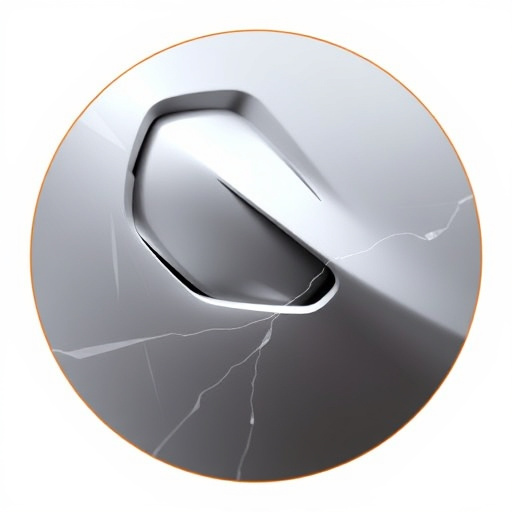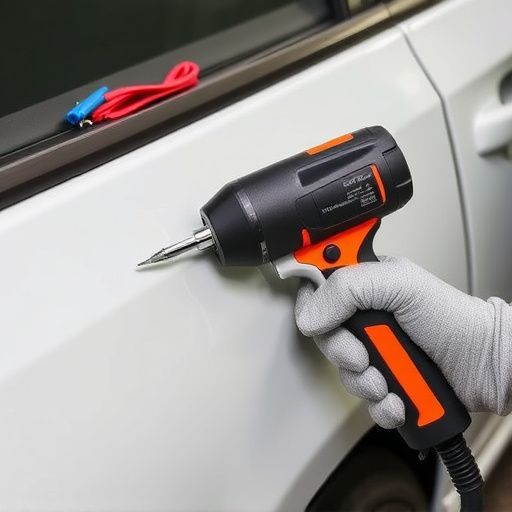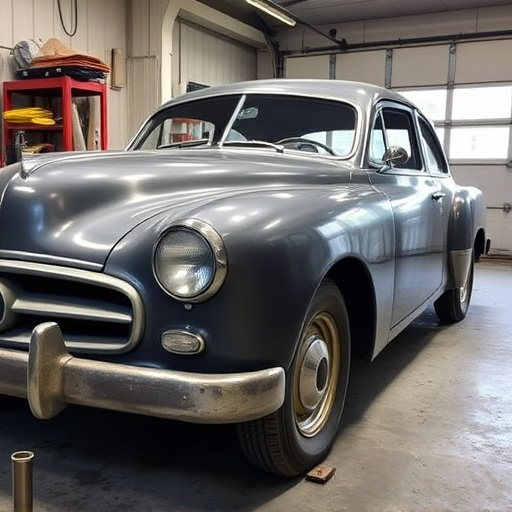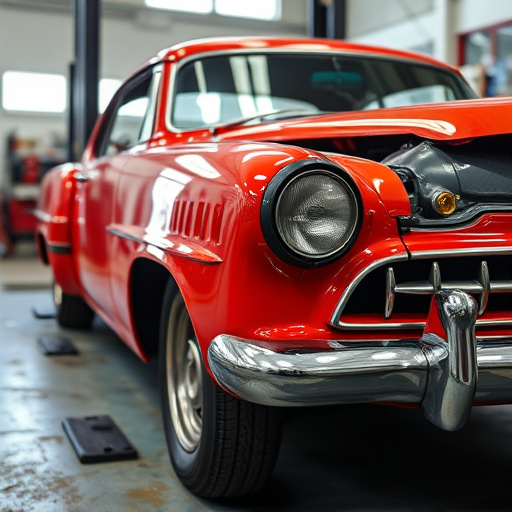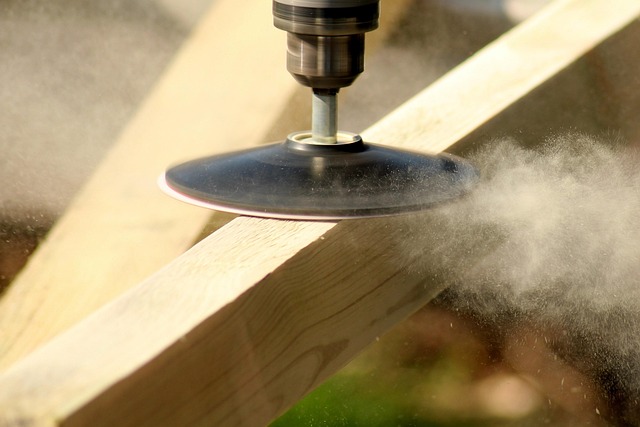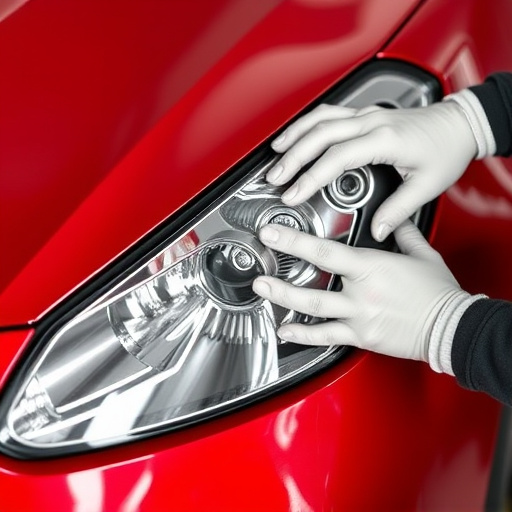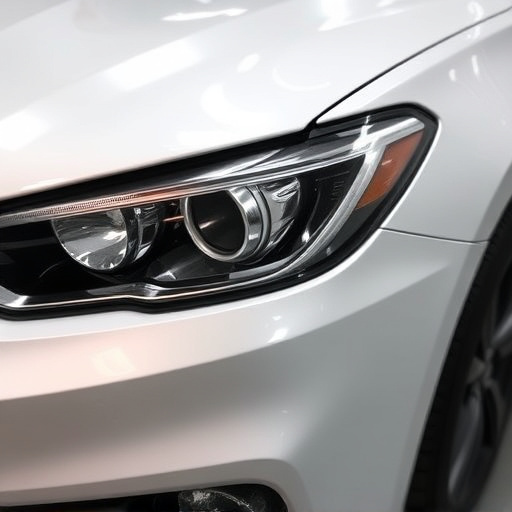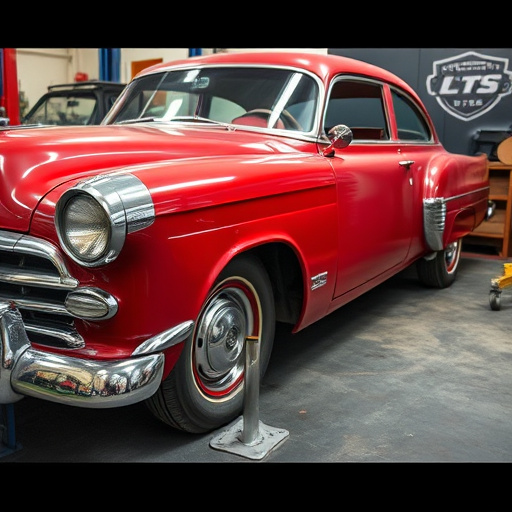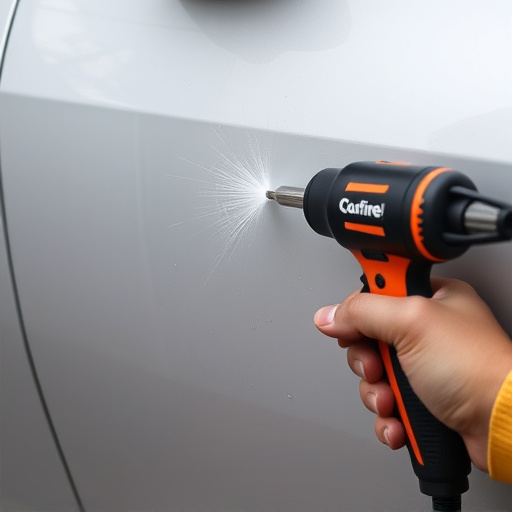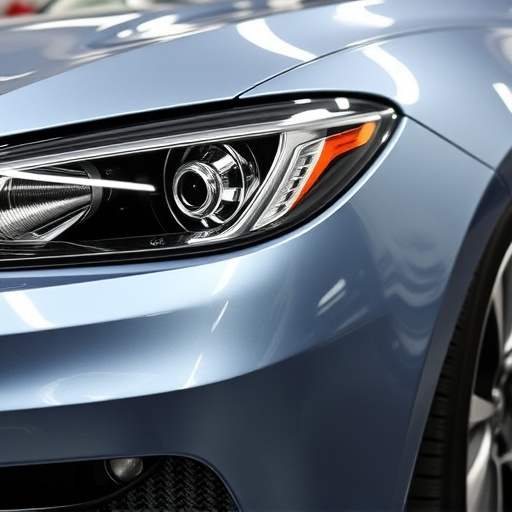Aluminum body components have gained popularity in automotive design due to their lightweight nature, versatility, and unique properties. These components offer improved fuel efficiency, better handling, corrosion resistance, and easy repairability. Their strength-to-weight ratio enhances performance while allowing for intricate designs and customization. Advanced manufacturing techniques ensure high-quality aluminum body panels with seamless integration, appealing to both car enthusiasts and professionals in the automotive customization market.
Aluminum body components are transforming the custom and performance vehicle industry, offering lightweight yet robust solutions. This material’s exceptional strength-to-weight ratio enhances fuel efficiency and handling, crucial for modern automotive design. From precision manufacturing techniques to tailored customization, aluminum allows for innovative design elements and improved performance. Discover how these components revolutionize car building, catering to both aesthetic and mechanical demands.
- Benefits of Aluminum for Automotive Design
- Engineering Precision: Aluminum Body Manufacturing
- Performance Advantages and Customization Opportunities
Benefits of Aluminum for Automotive Design

Aluminum has emerged as a preferred material for automotive design due to its exceptional properties. Its lightweight nature is a significant advantage in the world of custom and performance vehicles, where every gram counts. Aluminum body components offer superior strength-to-weight ratio compared to traditional steel, enabling manufacturers to create more agile and fuel-efficient cars without compromising on structural integrity. This material’s versatility allows for intricate designs and easy formability, making it ideal for crafting unique vehicle bodywork that sets custom cars apart.
Furthermore, aluminum is highly resistant to corrosion, a common issue in car collision repair. Its smooth surface and durable coating ensure that auto body services can restore vehicles to their original condition with minimal effort. In terms of performance, aluminum’s excellent thermal conductivity aids in efficient heat management, which is crucial for high-performance engines. By utilizing aluminum body components, vehicle manufacturers can achieve lighter weight, improved handling dynamics, and enhanced overall performance without sacrificing reliability or safety.
Engineering Precision: Aluminum Body Manufacturing

The manufacturing process for aluminum body components in custom and performance vehicles is a testament to modern engineering precision. This intricate procedure involves advanced techniques and meticulous attention to detail, ensuring each part meets stringent quality standards. Aluminum offers unparalleled advantages in automotive design, including superior strength-to-weight ratios, exceptional corrosion resistance, and excellent thermal conductivity—all crucial factors for both custom vehicle crafting and high-performance tuning.
Through innovative casting methods and precision machining, manufacturers can create complex aluminum body panels with seamless integration and flawless finishes. This level of craftsmanship is essential for achieving not only aesthetic appeal but also structural integrity, particularly when addressing tasks like car dent removal or luxury vehicle repair. The ability to seamlessly patch and repair aluminum bodies without compromising their original strength showcases the material’s versatility, making it a preferred choice in the automotive customization and performance enhancement market.
Performance Advantages and Customization Opportunities

The use of aluminum body components offers significant performance advantages for custom and performance vehicles. Aluminum’s superior strength-to-weight ratio ensures lighter vehicles that can achieve better fuel efficiency and enhanced handling dynamics. This material also exhibits excellent corrosion resistance, a key factor in maintaining vehicle integrity over time, particularly in challenging environmental conditions.
Moreover, aluminum body components open up vast customization opportunities. Their formability allows for intricate designs and unique shapes, enabling car enthusiasts to create one-of-a-kind vehicles that stand out from the crowd. In addition, aluminum is more easily worked than many other metals, making it suitable for both professional automotive body work and DIY projects. This versatility extends to collision repair services as well, where aluminum repairs can be performed swiftly and efficiently, restoring the vehicle to its optimal condition.
Aluminum body components offer a compelling blend of performance, customization, and lightweight design for both custom and high-performance vehicles. Through advanced manufacturing techniques, aluminum allows for intricate engineering precision while providing significant advantages over traditional materials. Its versatility makes it an ideal choice for automotive enthusiasts seeking both style and substance, ensuring a brighter future for vehicle design and innovation.
